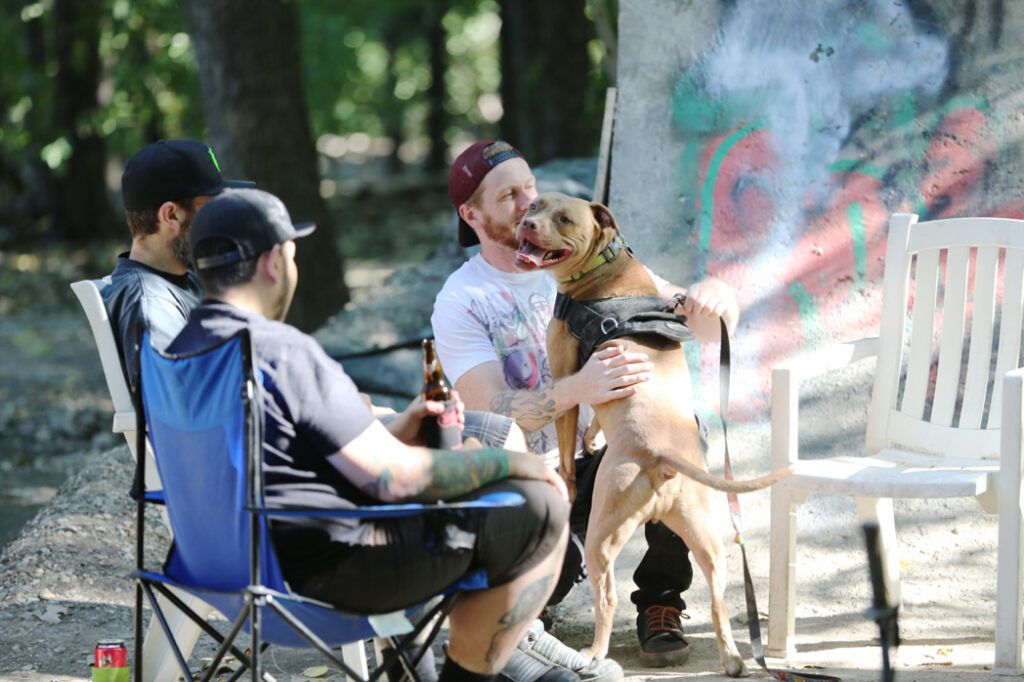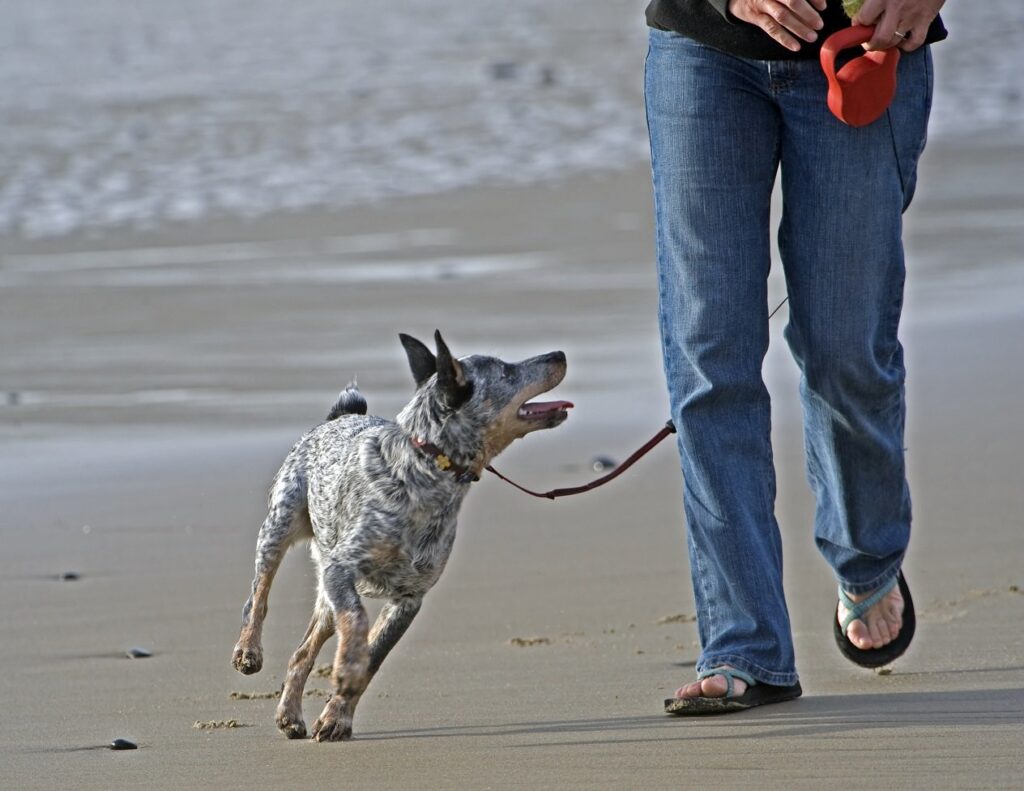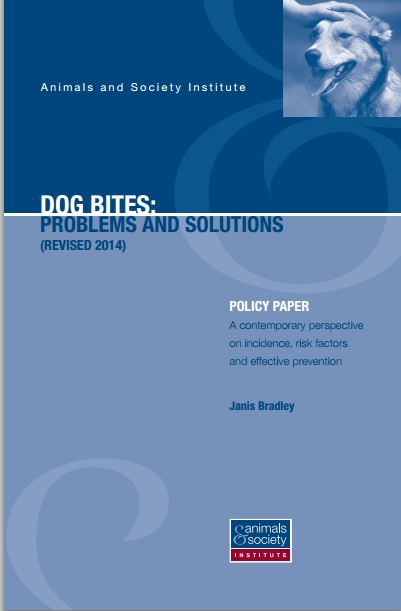Is it practical or possible to give a dog a test that will predict how he is likely to behave in real life situations?

Is there a need for such a test, particularly regarding whether he is likely to get into harmful conflicts with people? This entry in our research library is our attempt to summarize what the best science to date has to say about these questions.
What do we actually know about growling, snarling, snapping and biting behavior in dogs?

A critical review of the dog bite literature reveals that such encounters are often conflated and warning behaviors such as growls, snarls, and snaps are summarily lumped together with potentially injurious behavior such as biting.
Are we creating a culture of helicopter pet parenting? Two studies with implications for the unintended consequence of hypervigilance.

Question of whether people being in urgent need of education about their dogs’ micro behaviors might be pushing people into helicopter parenting of their pets with all the harms that result from over-diagnoses and stress over whether their dogs are behaving appropriately.
When you do the math, behavior evaluations flunk

Article authors demonstrate why when a shelter dog tests positive for dangerous behavior, it is much more likely that the test has failed the dog, rather than the dog having failed the test.
Dog Bite Prevention Week Fact Sheet: Companionship is the best prevention

You are your dog’s first line of defense.
Are you happy? Disgusted? Your dog can tell the difference
Once again researchers at the Family Dog Project in Hungary have confirmed an ability that dog lovers have long suspected in our canine companions. In an ingenious series of experiments the Eötvös Loránd University ethologists demonstrated that dogs can discriminate between human expressions of happiness, disgust, and simply blank indifference. [1] They built on earlier studies […]
New Edition of “Dog Bites: Problems and Solutions”

Second edition of “Dog Bites: Problems and Solutions” Released.
“Please don’t make me bite you”: A dog’s eye view of dog bite prevention

This week is Dog Bite Prevention Week, and here’s something that most press releases, websites, and lists of do’s and don’ts may not mention: Dogs will do their part to prevent dog bites. All they need is a little help from us. That dog in front of you doesn’t want to bite you. Even if […]
No single factor explains barking, growling, lunging and biting behavior in dogs.

Dr. Rachel Casey from Bristol University in the UK, and colleagues, recently attempted to estimate the number of dogs barking, lunging, growling or biting – the behaviors they grouped together under the term, aggression[1] — and to see if they could identify decisive causes of such behavior. Of more than 14,000 UK dog owners surveyed, […]
Assumptions about future behavior of shelter dogs seen as food aggressive are unfounded.

Animal shelters may conduct what they describe as behavioral evaluations of the dogs they receive, in order to discover what they presume will be problem behaviors when the dogs are adopted into new homes. Among the behaviors that evaluations are designed to detect are those labeled “food aggression.” The behaviors described by that term include […]

